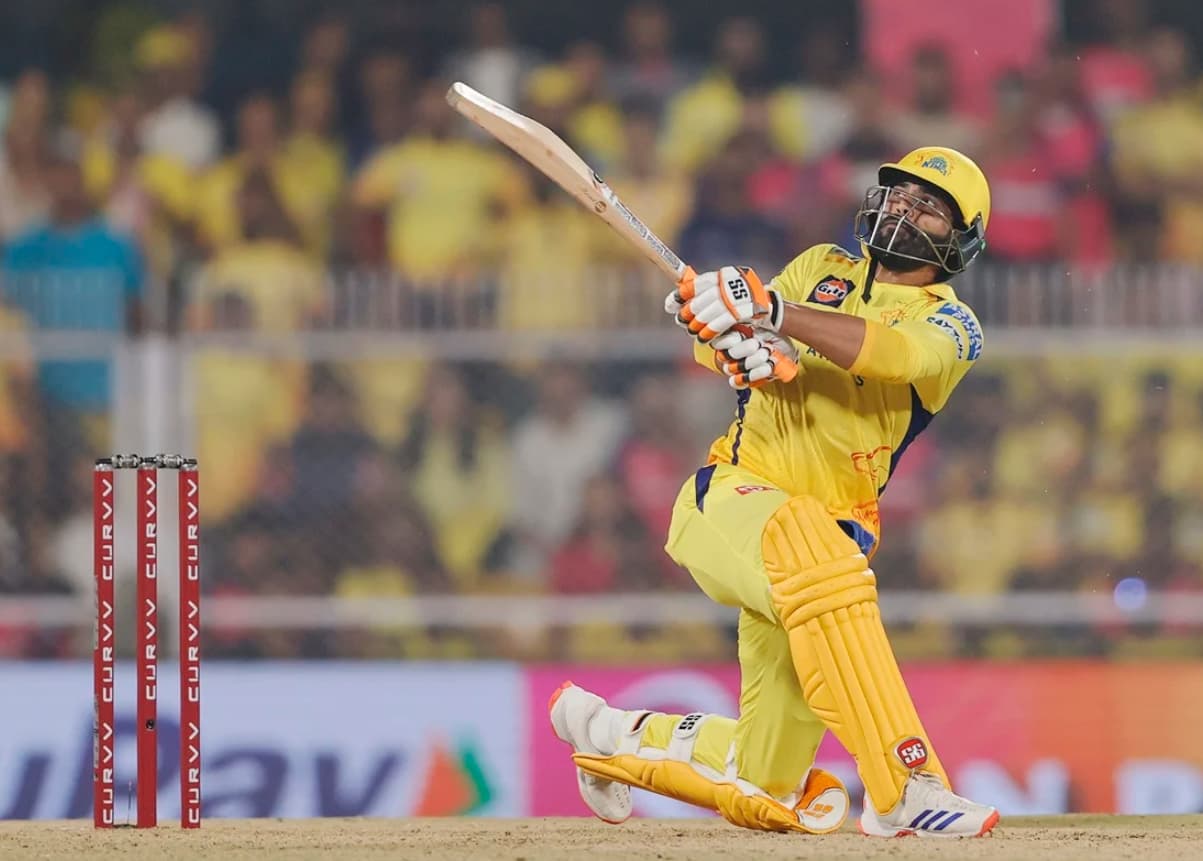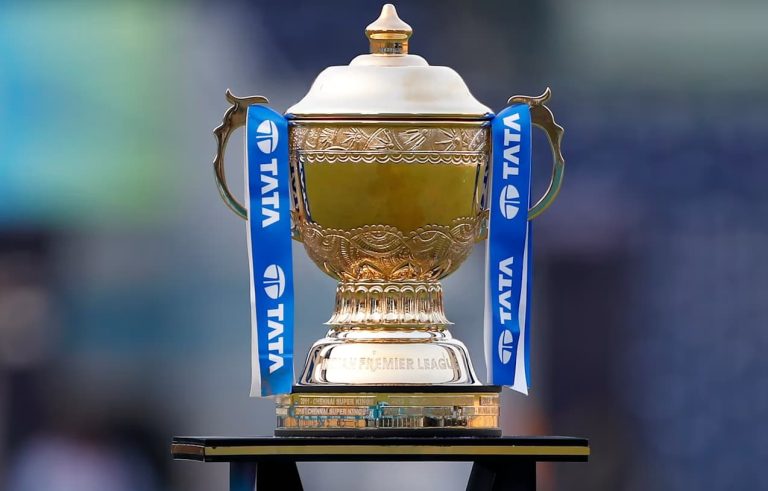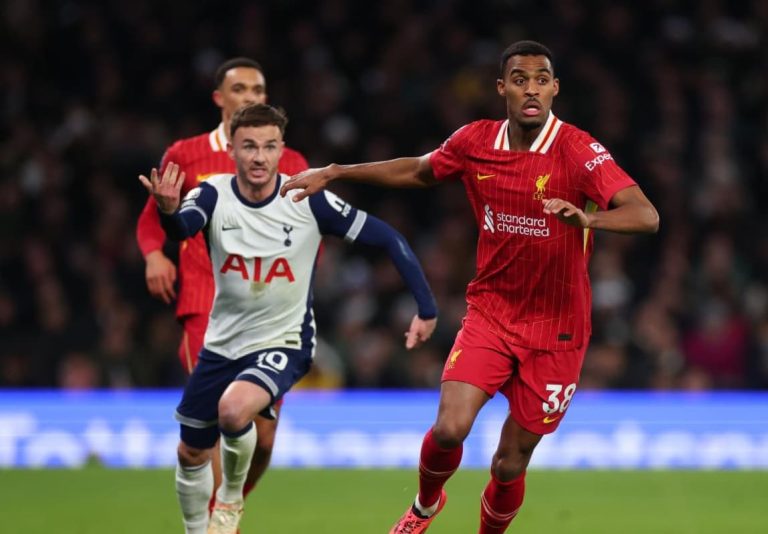Why CSK Was Banned for 2 Years?
Every IPL fan remembers the shock — the day Chennai Super Kings (CSK) was banned for 2 years.
For millions of fans who bled yellow, it felt like betrayal. How could one of the most successful and beloved teams in IPL history face such harsh punishment?
The answer wasn’t about match-fixing or on-field cheating. It was something darker, something that happened behind closed doors. Something that shook the very foundation of Indian cricket.
If you’ve ever wondered why CSK was banned for 2 years, this article gives you the complete story.
Why CSK Was Banned for 2 Years?

We’ll cover the scandal, the investigation, the verdict, and how CSK rose from the ashes to reclaim glory.
Let’s dive into one of the most controversial chapters in IPL history.
What Triggered the CSK Ban?
Chennai Super Kings was suspended from the IPL for two full seasons — 2016 and 2017.
This wasn’t because they lost matches or broke any playing rules. The reason was far more serious and involved people at the very top of the franchise.
The entire scandal revolved around illegal betting and the failure of CSK’s management to act against it.
At the center of it all was one man: Gurunath Meiyappan.
The 2013 IPL Betting Scandal: Where It All Started?
The 2013 IPL season looked normal on the surface. Exciting matches, packed stadiums, nail-biting finishes — everything fans loved.
But behind the scenes, something sinister was brewing.
Investigators discovered a massive betting and spot-fixing network that had infiltrated the IPL. This wasn’t small-time gambling. This was organized crime involving bookies, players, and team officials.
Gurunath Meiyappan was the Team Principal of Chennai Super Kings. He was also the son-in-law of N. Srinivasan, who was then the BCCI President and owner of India Cements — the company that owned CSK.
Being connected to such powerful people should have made Meiyappan more careful. Instead, he did the opposite.
Investigations revealed that Meiyappan was placing bets on IPL matches, including games involving his own team, Chennai Super Kings.
According to official findings, he lost over ₹60 lakhs (approximately $75,000) in betting. He was in constant contact with bookies, receiving inside information and placing wagers regularly.
This wasn’t casual betting. This was systematic involvement in illegal activities that could have compromised the integrity of matches.
The Investigation Begins
When news of the betting scandal broke, it sent shockwaves through Indian cricket.
The Delhi Police arrested several people, including Sreesanth (Rajasthan Royals player), Ankeet Chavan, and Ajit Chandila. They were accused of spot-fixing — deliberately bowling no-balls or giving away runs at predetermined times.
But the investigation didn’t stop with players. It reached the top management of two IPL franchises — Chennai Super Kings and Rajasthan Royals.
Raj Kundra, co-owner of Rajasthan Royals and husband of Bollywood actress Shilpa Shetty, was also found to be involved in betting activities.
The BCCI initially tried to handle the matter internally, but the scale of corruption was too big. Public trust in the IPL was collapsing. Something had to be done.
That’s when the Supreme Court of India stepped in.
Supreme Court Takes Charge: The Lodha Committee
In 2014, the Supreme Court of India decided to intervene directly.
They appointed a three-member committee to investigate the scandal and recommend punishments. This committee was led by former Chief Justice of India, Justice Rajendra Mal Lodha.
The Lodha Committee’s job was clear:
- Investigate Gurunath Meiyappan’s involvement
- Investigate Raj Kundra’s involvement
- Determine appropriate punishments for individuals and franchises
- Recommend reforms to prevent future corruption
The committee spent months reviewing evidence, interviewing witnesses, and analyzing phone records and financial transactions.
What they found was damning.
The Lodha Committee Findings
The committee’s report, submitted in 2015, was brutal in its honesty.
Key findings about Gurunath Meiyappan:
- He had placed bets on multiple IPL matches
- He was in regular contact with known bookies
- He had access to inside team information that he could have shared
- He brought disrepute to the game of cricket
- CSK management failed to take action against him
Key findings about Raj Kundra:
- He owned a company that facilitated online betting
- He had stakes in matches involving his own team
- He violated conflict-of-interest rules
- Rajasthan Royals management failed to act
The committee didn’t just look at what Meiyappan and Kundra did. They also examined whether the franchises took responsibility.
Both CSK and Rajasthan Royals had failed. They knew about the activities but didn’t stop them. That failure was just as serious as the betting itself.
Justice Lodha made this clear in his statement:
“Any agony suffered by him because of media coverage is too small in comparison to the injury caused to the image of the game.”
The message was clear: Cricket’s integrity matters more than any individual’s reputation.
Official Verdict: Why CSK Was Banned for 2 Years?
In July 2015, the Lodha Committee delivered its verdict.
The punishments were severe:
For Individuals:
- Gurunath Meiyappan was banned for life from all cricketing activities
- Raj Kundra was banned for life from all cricketing activities
For Franchises:
- Chennai Super Kings were suspended from the IPL for two years (2016 and 2017)
- Rajasthan Royals were suspended from the IPL for two years (2016 and 2017)
The reasoning was simple but powerful: When team officials engage in corruption, the entire franchise must face consequences.
CSK’s owners and management knew about Meiyappan’s activities but didn’t take action. That negligence meant the team, the players, and millions of fans had to pay the price.
This answers the question many people search online: Why CSK banned for 2 years fixing? The answer is betting by a top official and management’s failure to stop it.
Timeline of the CSK Ban
Here’s a clear timeline showing how the scandal unfolded:
| Year | Event |
|---|---|
| 2013 | IPL betting and spot-fixing scandal exposed |
| 2013 | Gurunath Meiyappan and Raj Kundra named in investigations |
| 2014 | Supreme Court appoints Lodha Committee |
| July 2015 | Lodha Committee delivers verdict |
| 2016 | CSK’s first year of suspension |
| 2017 | CSK’s second year of suspension |
| 2018 | CSK returns to IPL and wins championship |
If you’ve seen discussions about why CSK banned for 2 years reddit or searched why CSK banned for 2 years wikipedia, this timeline provides the official sequence of events.
CSK banned for how many years? Two complete IPL seasons — 2016 and 2017.
MS Dhoni’s Reaction to the Ban
Throughout the entire scandal, one man remained remarkably silent: MS Dhoni.
Captain Cool lived up to his nickname. While chaos swirled around CSK, Dhoni didn’t make dramatic statements or public accusations. He stayed quiet and dignified.
During CSK’s suspension, Dhoni joined the Rising Pune Supergiant for the 2016 and 2017 seasons. He even captained them in 2016, though he stepped down from captaincy in 2017.
But everyone knew where his heart was. Everyone knew he was waiting to return home.
When CSK came back in 2018, Dhoni returned immediately. And he did what legends do — he led them to victory.
Dhoni didn’t speak much during the crisis, but his actions said everything — loyalty never fades.
Fans respected him even more for how he handled the situation. No bitterness, no complaints, just quiet strength and unwavering commitment to the team he loved.
How the Ban Affected IPL and CSK Players?
The CSK suspension created massive ripples across the IPL.
Impact on the league:
- Two of the most popular franchises — CSK and Rajasthan Royals — were suddenly gone
- The IPL lost millions of fans who only watched to support these teams
- Two new franchises were created to fill the gap: the Gujarat Lions and the Rising Pune Supergiant
- Television ratings and stadium attendance dropped
Impact on CSK players:
Star players like Suresh Raina, Ravindra Jadeja, Dwayne Bravo, and others had to find new teams. The core that had built CSK’s success was scattered across different franchises.
Player movements during the ban:
| Player | New Team (2016-2017) |
|---|---|
| MS Dhoni | Rising Pune Supergiant |
| Suresh Raina | Gujarat Lions |
| Ravindra Jadeja | Gujarat Lions |
| Brendon McCullum | Gujarat Lions |
| Dwayne Bravo | Gujarat Lions |
For fans, watching their favorite players in different jerseys felt wrong. The yellow jersey, the Whistle Podu anthem, the electric atmosphere at Chepauk — everything was gone.
But true CSK fans never left. They waited. And they believed their team would return stronger.
CSK’s Comeback in 2018: The Greatest Redemption Story
When the IPL 2018 season approached, people had questions.
Could CSK recapture the magic after two years away? Would the players still have chemistry? Could Dhoni, now in his late thirties, still lead effectively?
The doubters were loud. But CSK fans were louder.
What happened in IPL 2018:
- CSK returned with most of their core players reunited
- MS Dhoni resumed captaincy
- They played aggressive, fearless cricket
- They reached the finals
- They defeated Sunrisers Hyderabad to win the championship
It wasn’t just a tournament victory. It was vindication. It was proof that scandal and suspension couldn’t break the CSK spirit.
Stadiums turned yellow again. The Whistle Podu anthem echoed through Chepauk. Fans cried tears of joy.
CSK’s ban didn’t break them — it made them stronger.
That 2018 victory is considered one of the greatest comeback stories in sports history. Not just cricket, but all of sports.
What Changed After the Scandal?
The CSK-RR scandal forced the BCCI and IPL to implement major reforms.
New measures introduced:
- Stricter anti-corruption policies — All players and officials must attend regular ethics training
- Transparent ownership rules — Franchise owners must disclose all financial interests
- Regular audits — Independent committees now monitor franchises closely
- Stronger punishments — Violations now carry harsher penalties to deter corruption
- Anonymous reporting systems — Players can report suspicious activities without fear
The IPL learned a painful but necessary lesson: No one is bigger than the game.
Even the most successful franchise with the most powerful connections can face consequences if it violates cricket’s integrity.
The Bigger Picture: Why the Ban Was Necessary
Some fans argue the punishment was too harsh. They say CSK as a team shouldn’t have suffered for one official’s mistakes.
But the Lodha Committee’s reasoning was sound.
Why franchises must be held accountable:
- Team officials represent the entire organization
- Management has the responsibility to prevent corruption
- Turning a blind eye is as bad as participating
- Harsh punishments deter future violations
- Cricket’s integrity must be protected at all costs
If CSK had only received a fine or warning, it would have sent the wrong message. It would have suggested that powerful teams with influential owners can escape serious consequences.
The two-year ban proved that cricket’s rules apply equally to everyone — from small teams to giants like CSK.
CSK Ban: Pros and Cons
Let’s look at this objectively:
| Pros of the Ban | Cons of the Ban |
|---|---|
| Exposed corruption in IPL | Punished innocent players and fans |
| Forced governance reforms | Damaged CSK’s reputation unfairly |
| Improved transparency | Reduced IPL’s popularity temporarily |
| Deterred future corruption | Disrupted team chemistry and success |
| Proved no one is above the law | Created financial losses for franchise |
Both sides have valid points. But ultimately, protecting cricket’s integrity had to come first.
Frequently Asked Questions
- Why was CSK banned for 2 years?
CSK was banned because its Team Principal, Gurunath Meiyappan, was found guilty of illegal betting on IPL matches. The franchise management failed to take action against him, leading to a two-year suspension from IPL (2016-2017).
- Was MS Dhoni involved in the betting scandal?
No. MS Dhoni had absolutely no connection to the betting activities. He was never investigated, accused, or implicated in any way. He remained completely clean throughout the scandal.
- Why was CSK banned for 2 years specifically?
The Supreme Court’s Lodha Committee found that CSK’s management knew about Meiyappan’s betting activities but didn’t stop him. This failure to act brought disrepute to the IPL, resulting in the two-year ban.
- Which years were CSK banned from IPL?
CSK was banned for the 2016 and 2017 IPL seasons. They returned in 2018 and won the championship that same year.
- Did CSK win IPL after the ban?
Yes! CSK made a stunning comeback in 2018 and won the IPL title in their very first season back. They defeated Sunrisers Hyderabad in the final.
- Why was Rajasthan Royals also banned?
Rajasthan Royals were banned for the same two years because their co-owner, Raj Kundra, was also involved in betting activities. Both franchises received identical punishments.
- Why CSK banned for 2 years in 2025 searches?
People still search for this in 2025 because the scandal remains one of IPL’s most significant controversies. New fans discovering IPL history often search for this information to understand what happened.
Lessons Learned from the CSK Ban
The CSK suspension taught cricket several important lessons:
- For franchises: Governance matters. You can’t ignore corruption and expect no consequences.
- For officials: Personal actions affect entire organizations. Your mistakes impact thousands of people.
- For the BCCI: Transparent investigation and punishment rebuild public trust.
- For fans: True loyalty is tested during bad times, not good times. CSK fans proved their loyalty by waiting and believing.
- For cricket: The game’s integrity is more valuable than any team, any player, or any tournament’s commercial success.
Conclusion: From Darkness to Glory
The CSK ban was one of the darkest chapters in IPL history.
It exposed corruption at the highest levels. It broke millions of fans’ hearts. It scattered one of cricket’s most successful teams.
But it also showed us something beautiful.
It showed us that mistakes don’t have to be the end of the story. That suspensions can lead to stronger comebacks. That true champions rise again, no matter how hard they fall.
When CSK returned in 2018 wearing those iconic yellow jerseys, when Dhoni led them onto the field at Chepauk, when they lifted the trophy — it wasn’t just about winning cricket matches.
It was about redemption. It was about resilience. It was about proving that setbacks don’t define you — how you respond to them does.
The CSK ban reminded us that champions can fall. But true champions always rise again.
And that’s exactly what Chennai Super Kings did.






